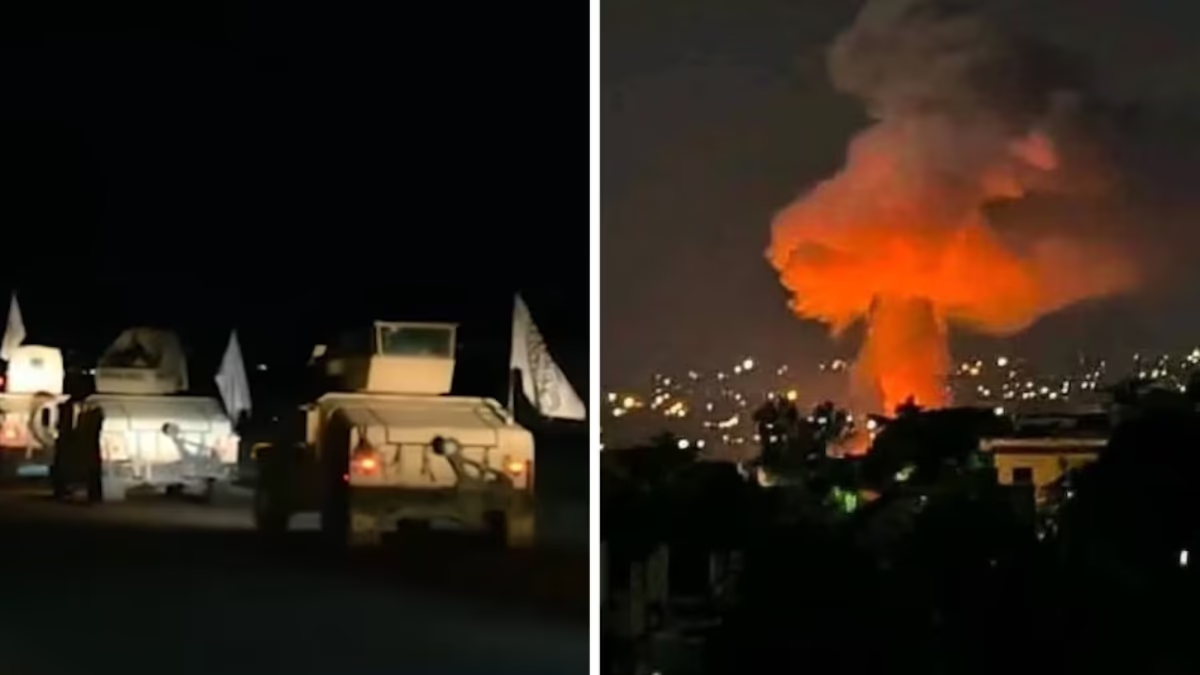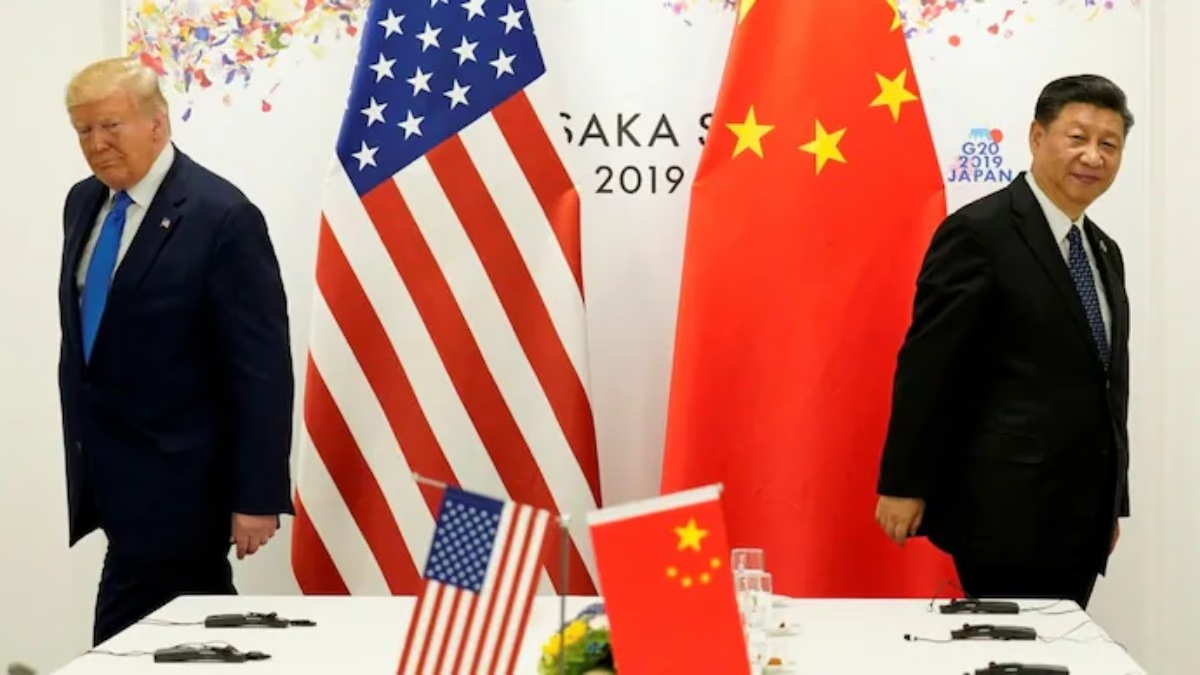The border tensions between Afghanistan and Pakistan have reached a boiling point, escalating into fierce exchanges. In response to attacks on Kabul, Khost, Jalalabad, and Paktika, Afghanistan launched relentless strikes on Pakistani border posts. Initial reports indicate 12 Pakistani soldiers have been killed and many others injured, with one Pakistani tank seized. It appears that Pakistan's challenges are set to increase in the coming days.
News from both Afghanistan and Pakistan reveal that confrontations are widespread, with little signs of de-escalation. The international community, including Qatar, Iran, and Saudi Arabia, has urged restraint from both countries as the conflict draws global concern.
This situation prompts an urgent question: Could Saudi Arabia intervene in this conflict? These speculations arise due to a strategic defense agreement made recently between Pakistan and Saudi Arabia, pledging mutual defense against attacks.
Understanding Saudi Arabia's Strategic Stance
Saudi Arabia prioritizes economic development over warfare, focusing its foreign policy around its Vision 2030 economic goals. Ensuring regional stability to attract global investments aligns with its aspirations to diversify its economy beyond oil.
Alongside economic focus, Saudi Arabia has adopted a 'zero problems' foreign policy, steering clear of direct military involvement in regional conflicts. This is exemplified by the withdrawal of its troops from Syria and Yemen and efforts to improve ties with Iran.
In recent efforts, Saudi Arabia aims to establish itself as a regional mediator, avoiding direct engagement in conflicts.
Reasons Against Saudi Arabia's Military Intervention
Though Saudi Arabia and Pakistan share close ties, several factors argue against Saudi military intervention: geographical and strategic distance, economic priorities, lessons from Yemen, and the desire to ease tensions with Iran. Let us delve deeper into these aspects.
1. Geographical and Strategic Distance
The conflict between Pakistan and Afghanistan poses no immediate threat to Saudi Arabia, hinging upon bilateral border disputes and issues with the Tehrik-e-Taliban Pakistan (TTP). Saudi's security concerns lie elsewhere.
2. Economic Priorities
Currently, Saudi Arabia focuses on its 'Vision 2030,' steering the economy towards sectors beyond oil. Engaging in military conflicts contradicts these ambitions, which center on attracting foreign investments and boosting tourism.
3. Lessons from Yemen
Saudi Arabia's prolonged and costly military involvement in Yemen failed to yield desired outcomes, prompting its leaders to avoid direct military interventions going forward.

Source: aajtak
Read more:
4. Reducing Tensions with Iran
Recently, Saudi Arabia improved relations with Iran in a 2023 agreement brokered by China. Engaging in a new conflict could disrupt this delicate balance.
True Meaning of the Defense Agreement
Global defense experts view the September 17, 2025 'Strategic Mutual Defense Agreement' between Saudi Arabia and Pakistan, signed in Riyadh, as a symbolic gesture of political solidarity rather than a commitment to unconditional military engagement. The Afghan-Pakistan conflict primarily revolves around border disputes and counter-terrorism tensions.
Saudi Arabia's Potential Role
While direct involvement seems unlikely, Saudi Arabia might engage diplomatically, advocating for peace. It has urged both sides to exercise restraint.
Saudi Arabia can assist Pakistan through diplomatic platforms, economic incentives, and de-escalation strategies. Given Pakistan's economic instability, Saudi could offer a peace-and-economic recovery package.
Limited Military Assistance
If the situation deteriorates between Pakistan and Afghanistan, Saudi Arabia might provide defense equipment, financial aid, or intelligence support, although its involvement remains uncertain.
Litmus Test: Examining the Defense Agreement's Reality
The Saudi-Pakistani deal resembles the NATO model, modeled after NATO’s Article 5, where an attack on one member is considered an attack on all. However, the Saudi-Pak agreement includes a 'caveat clause,' lacking clarity on what conditions warrant 'mutual defense'.




